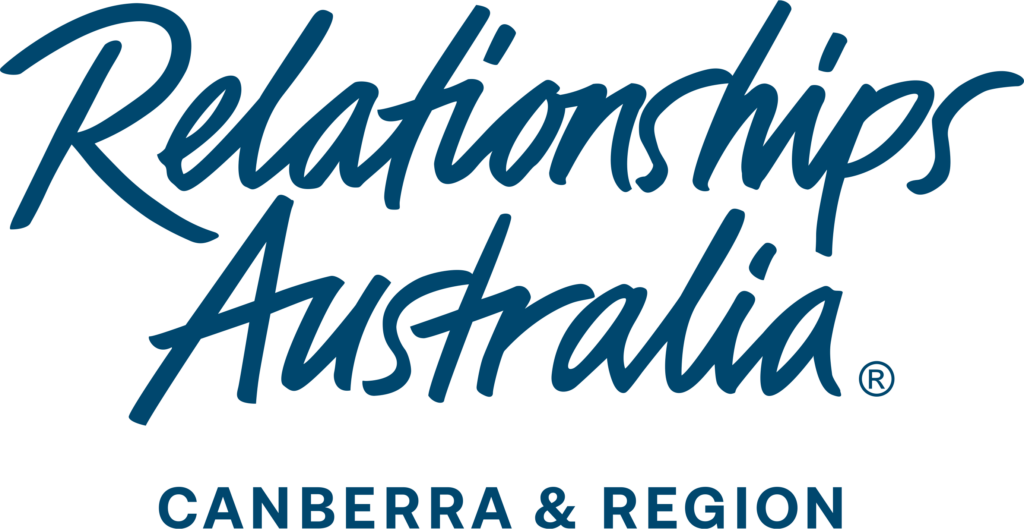Gambling is an activity where something of value is bet or staked where the outcome is uncertain. The person gambling is conscious of the risk and hopeful for what they may gain.
Some gambling products include sports and race betting, poker machines, casino games, lotteries, scratchies and keno. Gambling products are designed to keep people spending.
It can be difficult to recognise when gambling is impacting you, or someone you care about, in a harmful way. Gambling can be sneaky and may not cause any immediate harm.
Gambling harm extends beyond losing money. It is any negative consequence caused or made worse by gambling, impacting many areas of your life.

Relationships – conflict within close relationships or becoming withdrawn from others.
Health – increased stress and lack of sleep and exercise.
Emotions – feelings of regret, anger or hopelessness
Finances – inability to buy essentials or increase in debt.
Work or Study – increased absences, tiredness, distractions, and ability to perform.
Culture – inability to participate in cultural practices.
Safety & Crime – negligence such as child neglect, or involvement in serious crime to repay debt or fund gambling.
- conflict within close relationships or becoming withdrawn from others.
– increased stress and lack of sleep and exercise.
– feelings of regret, anger or hopelessness
– inability to buy essentials or increase in debt.
- increased absences, tiredness, distractions, and ability to perform.
– inability to participate in cultural practices.
– negligence such as child neglect, or involvement in serious crime to repay debt or fund gambling.
Seeing the signs
It might be time to seek support for gambling harm if you, or someone you care about is:
- spending more time or money gambling than intended
- unable to buy essentials or pay debts
- having feelings of regret, guilt or shame
- trying to win back losses
- spending less time with people you/they care about
- losing focus at work, study or social events
- hiding how much time or money is spent gambling from others
- gambling after the fun stops.
If you’re still not sure whether gambling is causing you – or someone you care about – harm, take our self-assessment quiz.
Recognition is the first step towards reducing gambling harm.
When we recognise that gambling is causing harm, we can work towards changing habits and behaviours. Our experienced staff walk alongside you, with guidance and motivation to build new habits and keep going.
How to approach a loved one?
When you suspect that someone you care about is experiencing gambling harm, the way you approach the situation needs to be delicate. Gambling habits often stem from people trying to escape other challenges in their life such as abuse, loneliness, financial distress, or depressive feelings.
It’s important that your loved one knows that they can have a safe conversation with you, without being shamed or judged.
To help someone, help themselves, speak to one of our experienced team for guidance on how to have this conversation or see our guide for starting a conversation.

What are the odds of winning?
Gambling avenues are designed to keep you spending through addictive and alluring features.
The chance of winning on most gambling products is extremely low – yet Australians are spending over $21 billion on gambling each year.
Gambling Help Online has broken down the odds for different forms of gambling. Almost all of which are less likely to occur than being struck by lightning!
Online gaming and gambling
Gambling-like features have been weaving their way into online gaming environments for many years. These tend to be the same features that are addictive, keeping gamers engaged and playing.
This is a growing area of concern, with online gaming’s popularity amoung young people and minors. The early exposure to gambling-like features can normalise gambling behaviour acting as a gateway to traditional gambling in the future.



